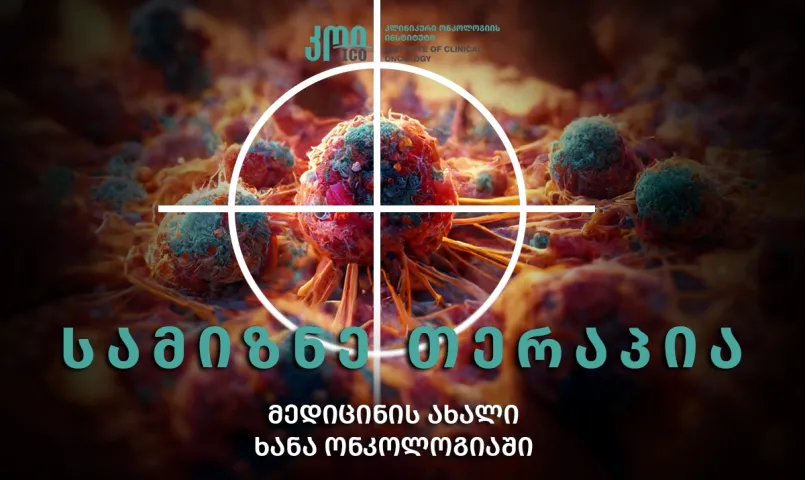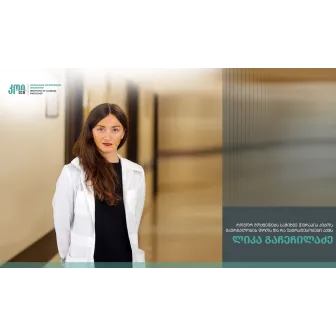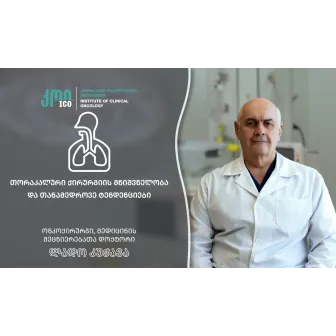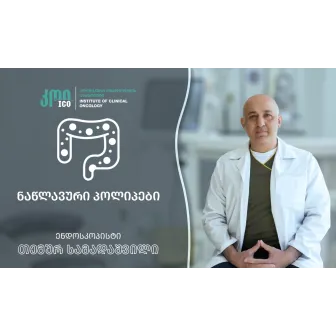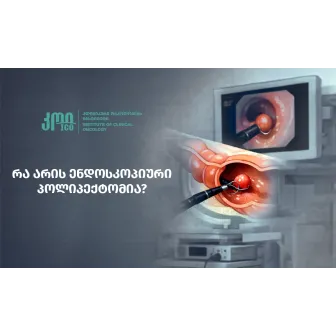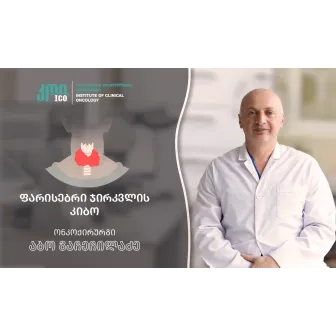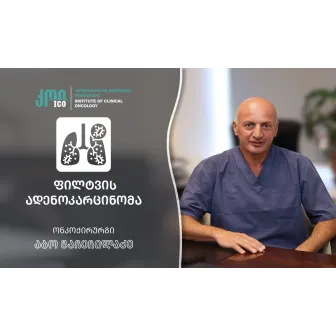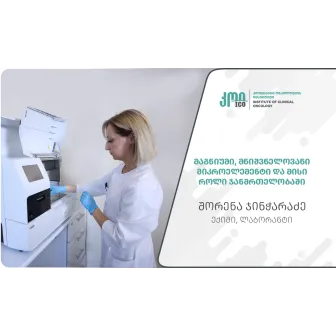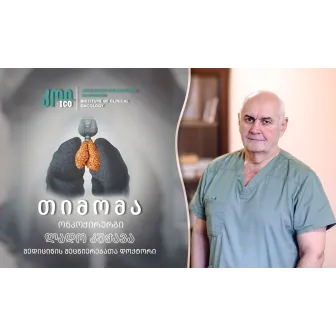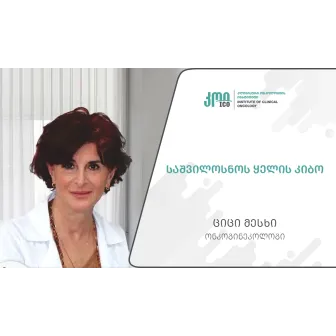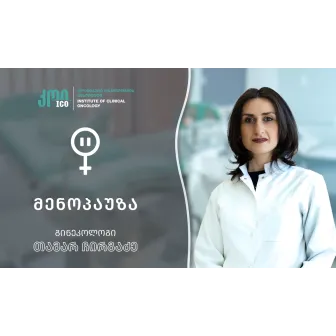Targeted and molecular therapies in oncology are technological innovations that significantly improve the results of cancer treatment. Targeted therapy in oncology is based on determining the genetic and molecular characteristics of tumor cells, which allows only tumor cells to be damaged, while healthy cells are minimally affected, which consequently improves the effectiveness of treatment and the quality of life of patients.
How is treatment adapted to specific mutations?
Genetic changes play a major role in the development of tumors. In particular, these changes are caused by mutations in specific genes in cells that promote the growth and spread of the tumor process. During targeted therapy, the function of the mutated gene is blocked, which prevents tumor progression. In the case of a given tumor, oncogenic mutations are detected based on genetic testing (NGS, PCR, FISH, IHC).
How does targeted therapy differ from chemotherapy?
- Mechanism of action: Targeted therapy and chemotherapy affect cancer cells through different mechanisms. Chemotherapy, as a traditional method, destroys rapidly multiplying cells, aiming to destroy cancer cells or stop their growth. However, this treatment method damages both tumorous and healthy cells. Targeted therapy acts only on specific molecular targets that contribute to tumor growth.
- Precision of action: As mentioned above, targeted therapy selectively affects and acts only on the molecular mechanisms responsible for the development of a specific tumor, which is much more effective.
- Side-effects: Chemotherapy side effects are often more toxic as it damages healthy cells as well, causing side effects such as hair loss, nausea and vomiting, and myelogram suppression (anemia, leukopenia). In targeted therapy, we have less systemic toxicity because this treatment method acts selectively, only on tumor cells.
Importance and perspectives of personified treatment
Personified treatment, or treatment tailored to the individual, is already moving from traditional oncology to a new, more effective level. With this approach, treatment for each patient is based on specific genetic, molecular, and clinical characteristics, which significantly increases the effectiveness of treatment and reduces the risks of side effects.
In personified treatment, therapy is directed only at specific mutations or biological characteristics of the tumor, with less damage to healthy cells, and properly selected treatments work better and are less toxic than traditional chemotherapy. E.g.: EGFR, ALK, BRAF/MEK, HER2 inhibitors.
The perspective of this method is related even to the fact that soon targeted therapies will become part of standard treatment, where new, more precise treatment mechanisms will be available for various types of cancer. The development of modern technologies and genomic research will accelerate this process even further, which means that in the future, oncological treatment will become more individualized and less toxic.
Conclusion:
In conclusion, we can say that targeted and molecular therapies are modern treatment methods in oncology, which offer new, more personified ways to treat cancer. Personified treatment increases efficacy and reduces toxicity.
- Views:1001




